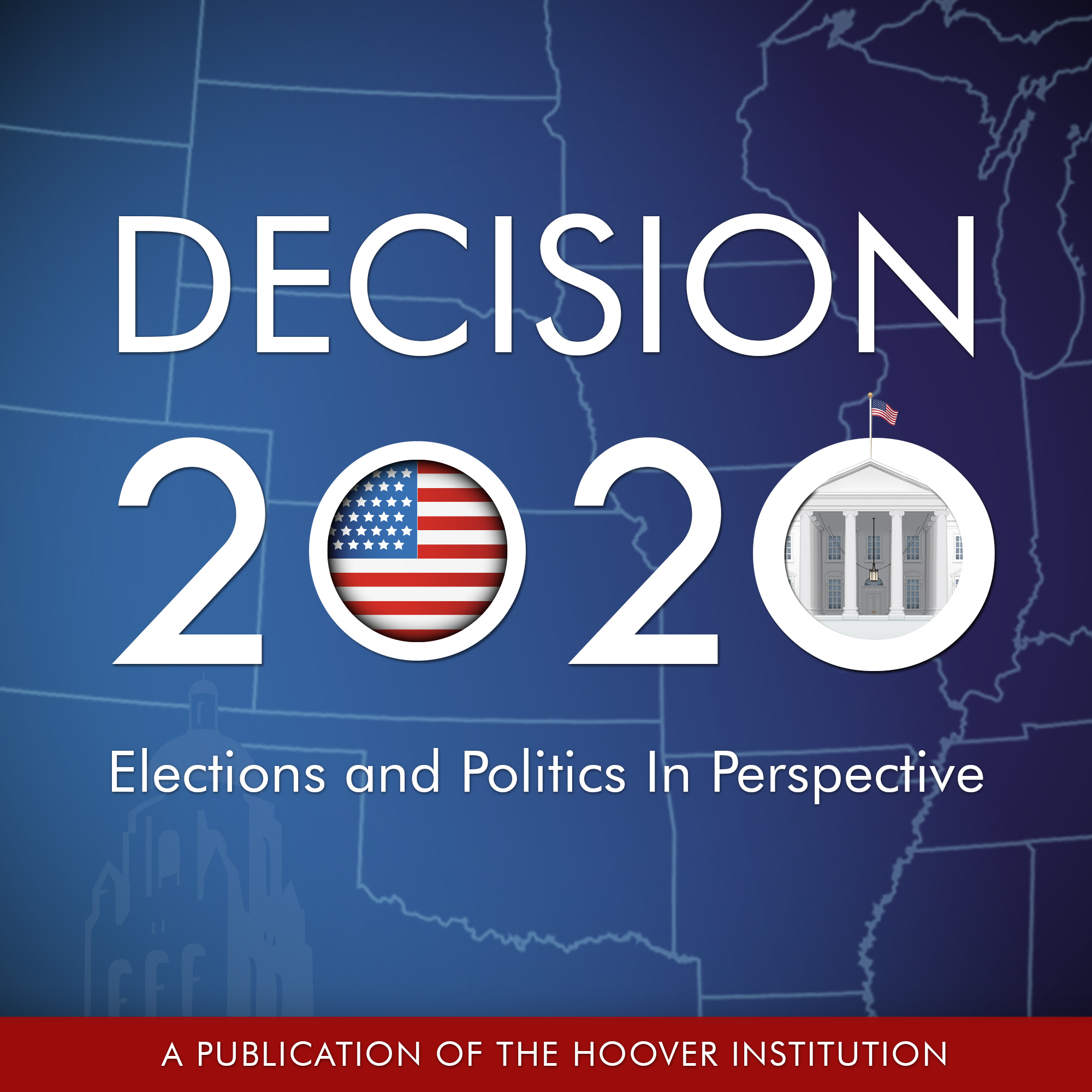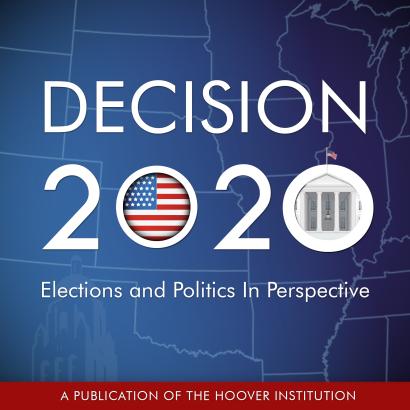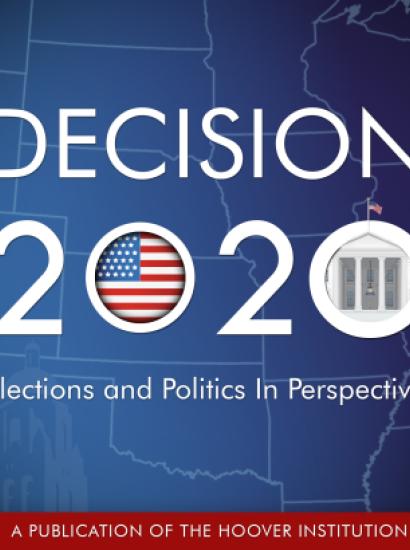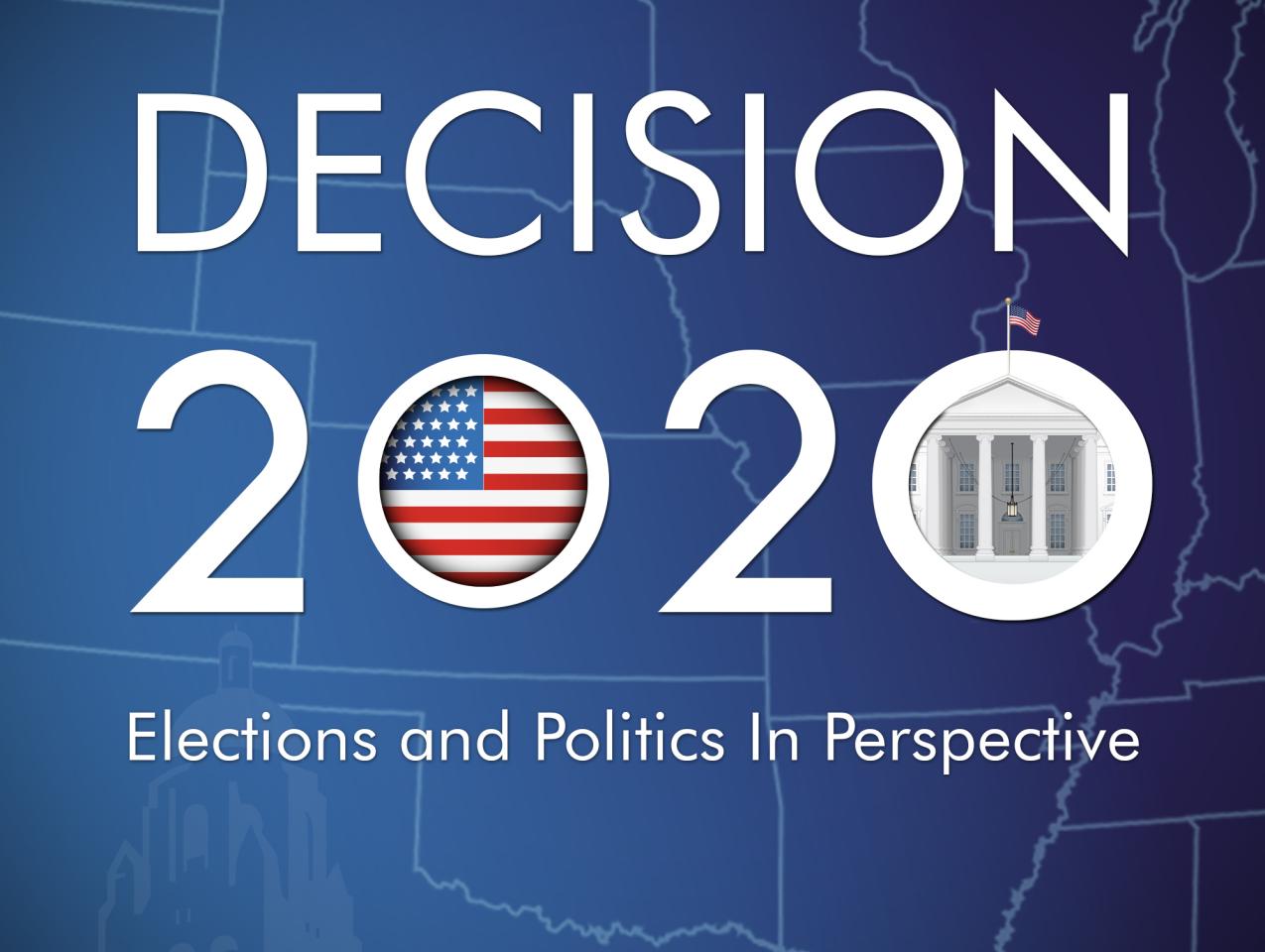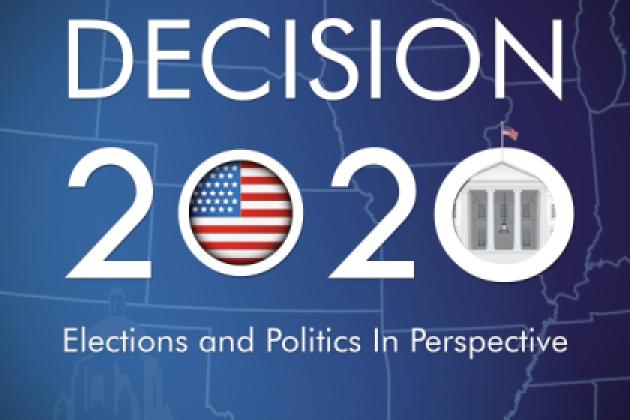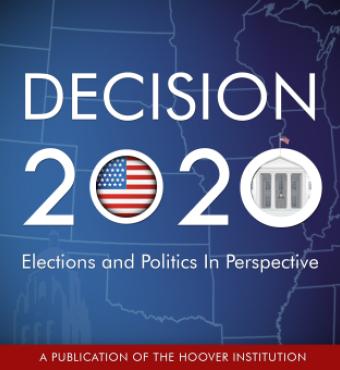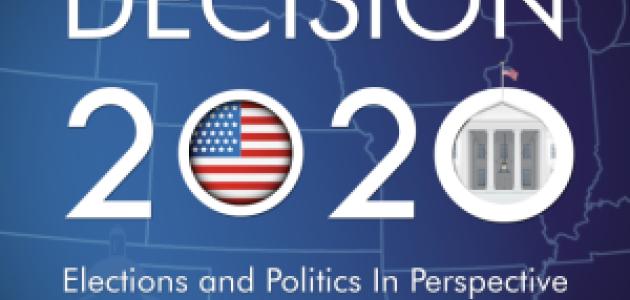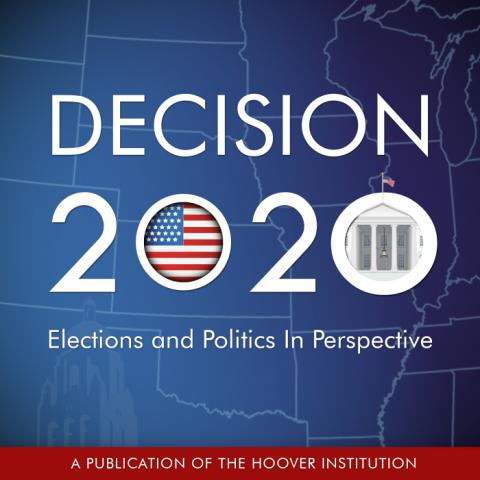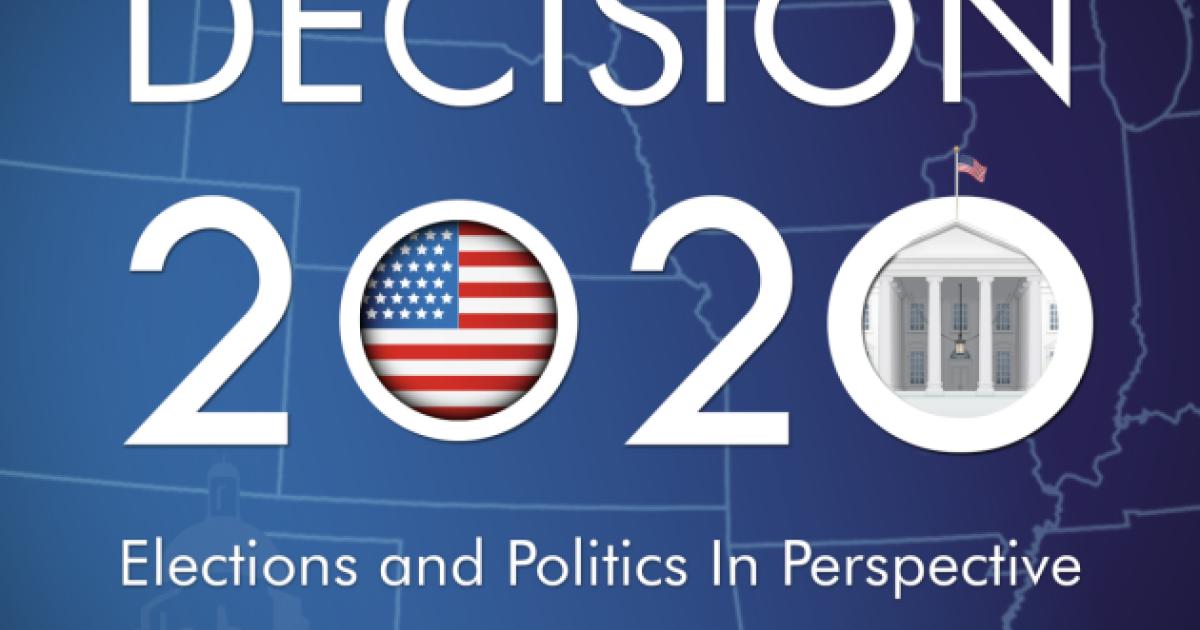In the 18th edition of the Decision 2020 Report, Hoover fellows discuss the success of charter schools and why teachers’ unions oppose them; the national struggle over reopening schools amid the COVID-19 crisis; and the future of American education beyond the pandemic.
Hoover Educational Success Initiative
The Hoover Educational Success Initiative (HESI), a working group of Hoover scholars and educational experts with a mission to improve America’s K–12 system, has recently released a series of papers about school choice and accountability.
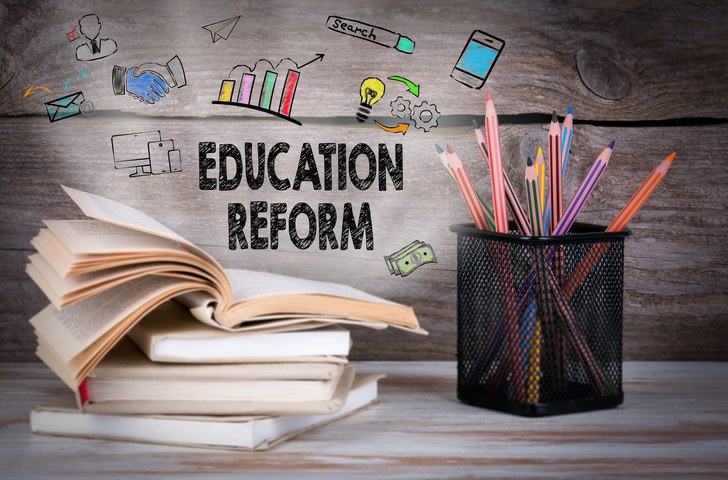
Specific topics include school accountability under Every Student Succeeds Act (ESSA), federal legislation that governs educational policy; how private school choice effects educational outcomes for disadvantaged students; how school choice impacts patterns of segregation; the national charter school landscape; and an examination of school choice opportunities within school districts in the United States.
Click here to read the newly released HESI papers.
Thomas Sowell on the Success of Charter Schools
On the occasion of his 90th birthday, Rose and Milton Friedman Senior Fellow Thomas Sowell appeared on Uncommon Knowledge to discuss his new book, Charter Schools and Their Enemies, with Murdoch Family Distinguished Policy Fellow and UK host Peter Robinson.
In this conversation, Sowell maintained that the reason why African American and other minority students have achieved high levels of academic performance in charter schools has been due in large part to the accountability of these schools’ administrators and teachers.
Sowell underlined that spending per pupil in charter schools is lower than in traditional public schools. Charter school teachers are also paid significantly less.
He explained, however, that if students largely fail standardized tests in charter schools, their teachers are likely to be terminated. “That teacher can survive for half a century in the traditional public school,” Sowell said.
School Choice Is the Only Option
George P. Shultz Senior Fellow in Economics John B. Taylor writes that Charter Schools and Their Enemies demonstrates, through Sowell’s careful analysis of data, that students, especially those from minority and low-income households, who attend publicly funded but privately operated charter schools, perform better on standardized achievement tests than their counterparts in traditional public schools.
“What explains the enemies mentioned in the book’s title?” Taylor asks. “Critics of charter schools would list many reasons, but the main one, Sowell laments, is that public schools simply do not want the competition.”
Taylor says that the silver lining of the COVID-19 crisis might just be a sea change in parents’ confidence in public schools and the teachers’ unions that support them.
He explains that the most convincing sign of these attitudes is that many parents, amid pandemic lockdowns, have formed “learning pods,” and collectively sought out educational professionals to instruct neighborhood children.
“Learning pods are a natural civil-society response to school closing in many districts in California and elsewhere,” Taylor said.
Taylor explained that though “learning pods” may only be accessible to families of high-income levels, this mode of education proves all the more that high-quality and effective schools should be available to less advantaged and minority students.
“With those public schools closing and resorting to remote teaching, students from lower-income households will be the ultimate victims,” Taylor concluded. “Quashing new ideas is not the answer.”
Squelching School Choice
Senior Fellow Chester E. Finn offers a political anecdote involving his home of Montgomery County (Maryland), where local health officials under pressure from teachers’ unions not only forced the shutdown of public schools but successfully demanded that private schools cease their on-campus operations and be strictly limited to virtual learning.
Finn notes that similar struggles are taking place across the country, with teachers’ unions leveraging the circumstances brought out by the pandemic crisis to achieve a long list of ideological demands.
Finn explains that this policy was imposed in Montgomery County despite private schools taking exhaustive precautions against the spread of COVID-19 and providing parents with a menu of educational options, including 100 percent in-classroom learning, full virtual learning, and a model that splits students’ time between being present on campus and staying at home.
“School teachers, like everyone else considering going back to work, have legitimate health concerns,” Finn argues. “Teachers’ legitimate interest in risk-mitigation in the workplace does not, however, extend to shutting down other people’s schools, slapping new constraints onto private and charter schools, downplaying the learning losses faced by their own pupils, squelching school choice, and doing away with results-based accountability.”
Focus on Teaching, Not Just Logistics
Paul and Jean Hanna Senior Fellow in Education Eric Hanushek argues that school administrators are disproportionally focused on the logistics of complying with COVID-19 public health orders over the education of students, the learning disparities of which became ever more glaring and further widened as a result of the pandemic.
Hanushek maintains that as a result of school shutdowns beginning in March, it is estimated that the current cohort of students have already seen their lifetime earnings reduced by 3 to 6 percent.
“Disadvantaged students would face an even larger loss, because their experiences over the past several months have been worse than those of more advantaged students,” Hanushek explains.
He suggests that schools should be relying further on teachers that are more effective and better able to adapt, and align instruction to meet each student’s learning level, especially those most negatively impacted by the pandemic.
“This situation is not amenable to any quick technological fix,” Hanushek writes. “It is amenable, however, to immediate policy improvements that proceed from where we are currently starting and lead us to better long run solutions.”
Decentralizing Schools
The most recent episode of Friedman Fundamentals explains the monopolistic nature of America’s public school system, and how education needs to be improved to suit individual student needs.







